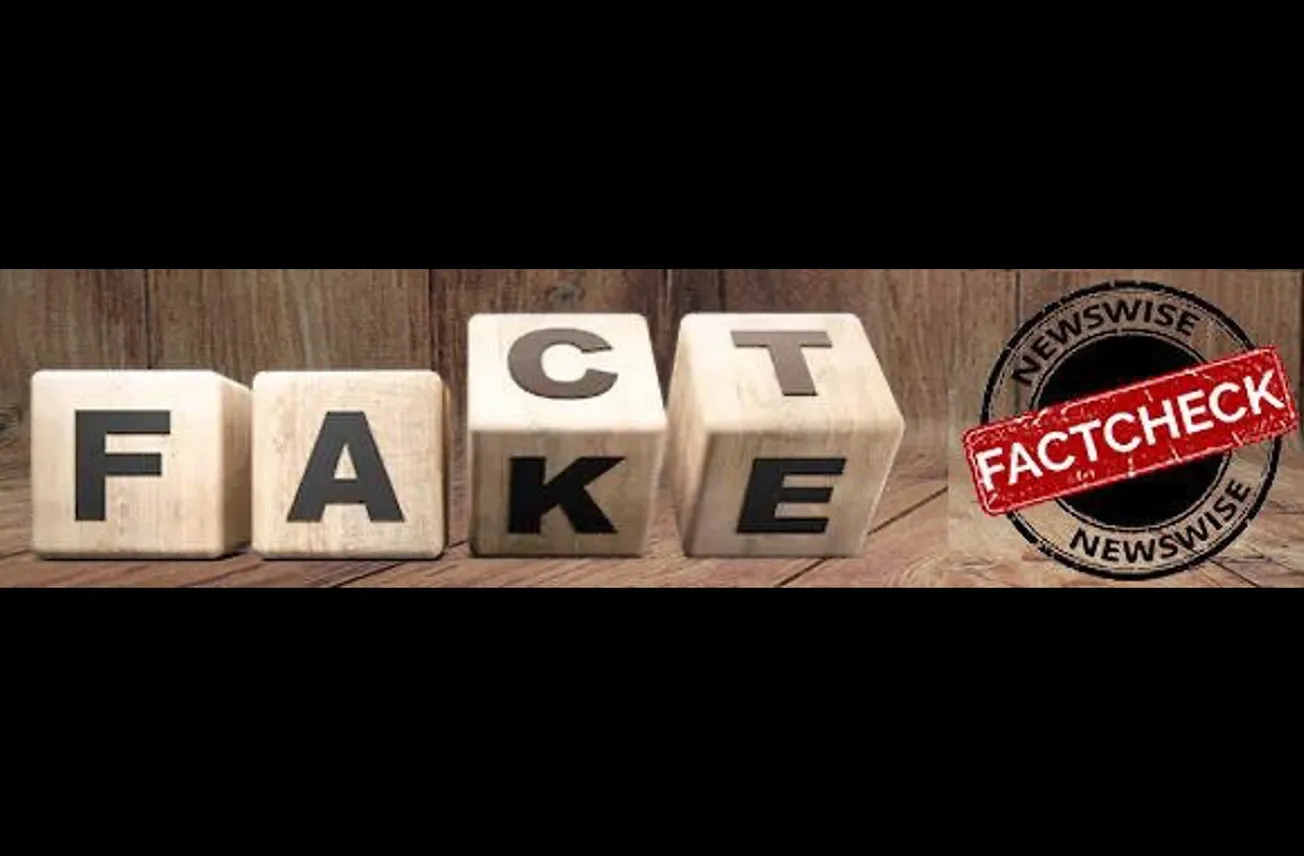Truthfulness: False |
Claim:The science itself debunks the use of face masks to stop viruses like COVID-19”; “The CDC admitted they don’t have any randomized control trials that support face mask mandates for COVID-19.” Claim Publisher and Date: Liz Wheeler on 2021-08-04 |
Dr. Julie Swann, A. Doug Allison Distinguished Professor and Department Head at NC State University debunks the claim that face masks can't block viruses such as COVID-19.
In videos, Liz Wheeler states that "the science itself debunks the use of face masks to stop viruses like Covid-19." The claim is untrue and misrepresents what scientists have said in individual studies, and it misrepresents what science has said more generally across a deep and broad set of peer-reviewed studies. Laboratory experiments show that face masks can be effective at blocking aerosols and droplets, within which virus particles can be carried (like a small yolk inside an egg). More aerosols (and thus virus particles) are blocked by face masks of high quality or appropriate fabrics, such as masks containing multiple fabric layers, or ones containing special non-woven materials, which can trap particles like a fly in a spider web. Masks are more effective at blocking particles if they fit well on the face, without gaps around the edges that may occur in a simple disposable mask. Masks are especially helpful at stopping droplets from the wearer, although they can also reduce some droplets from coming to the wearer.
The science goes beyond laboratory experiments though. Studies across multiple countries have shown that widespread adoption of mask-wearing in the community is associated with reductions in disease transmission of Covid-19. Modeling studies have shown that masks can greatly reduce community transmission if they are adopted widely and of sufficient quality (one of our papers is here, which will appear later this year; this is our K12 paper that is under review).
Ms. Wheeler is right about one thing. There are not "randomized control trials" to test mask-wearing in a completely controlled experiment. We don't use randomized control trials to test whether parachutes save the lives of people jumping out of airplanes either. It would be unethical to send someone out of an airplane without a parachute, and it would be unethical for scientists to expose individuals to the virus that causes Covid-19 viruses without masks. Give me the parachute, and I would like one that is well made and fits me, please.
--30--
Cross-posted from Newswise







